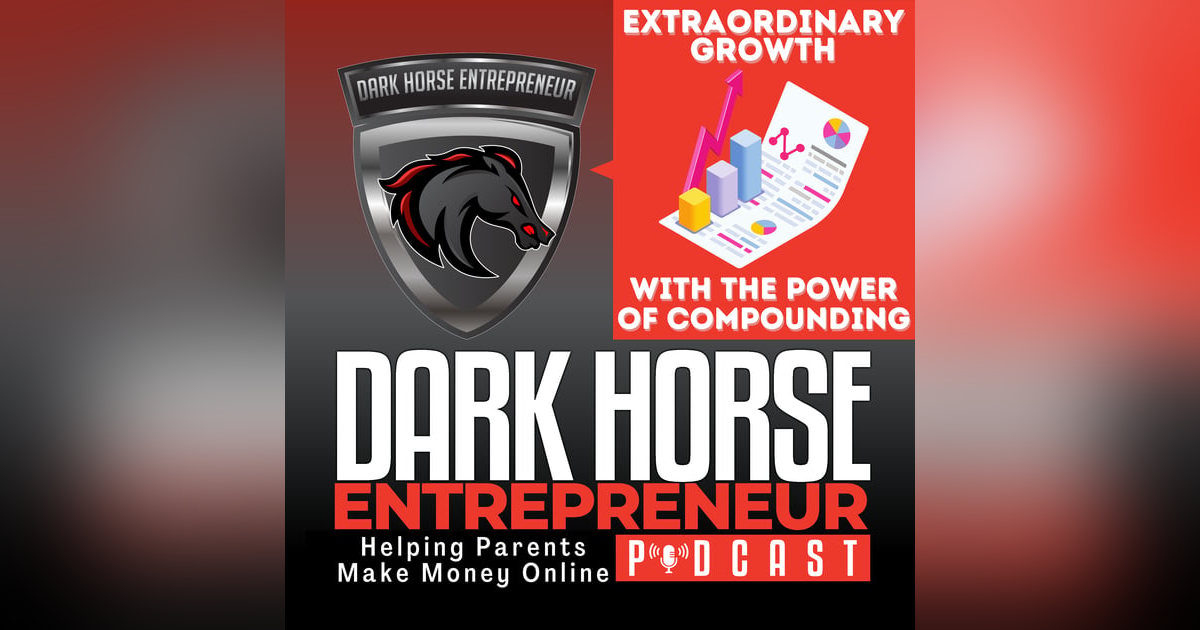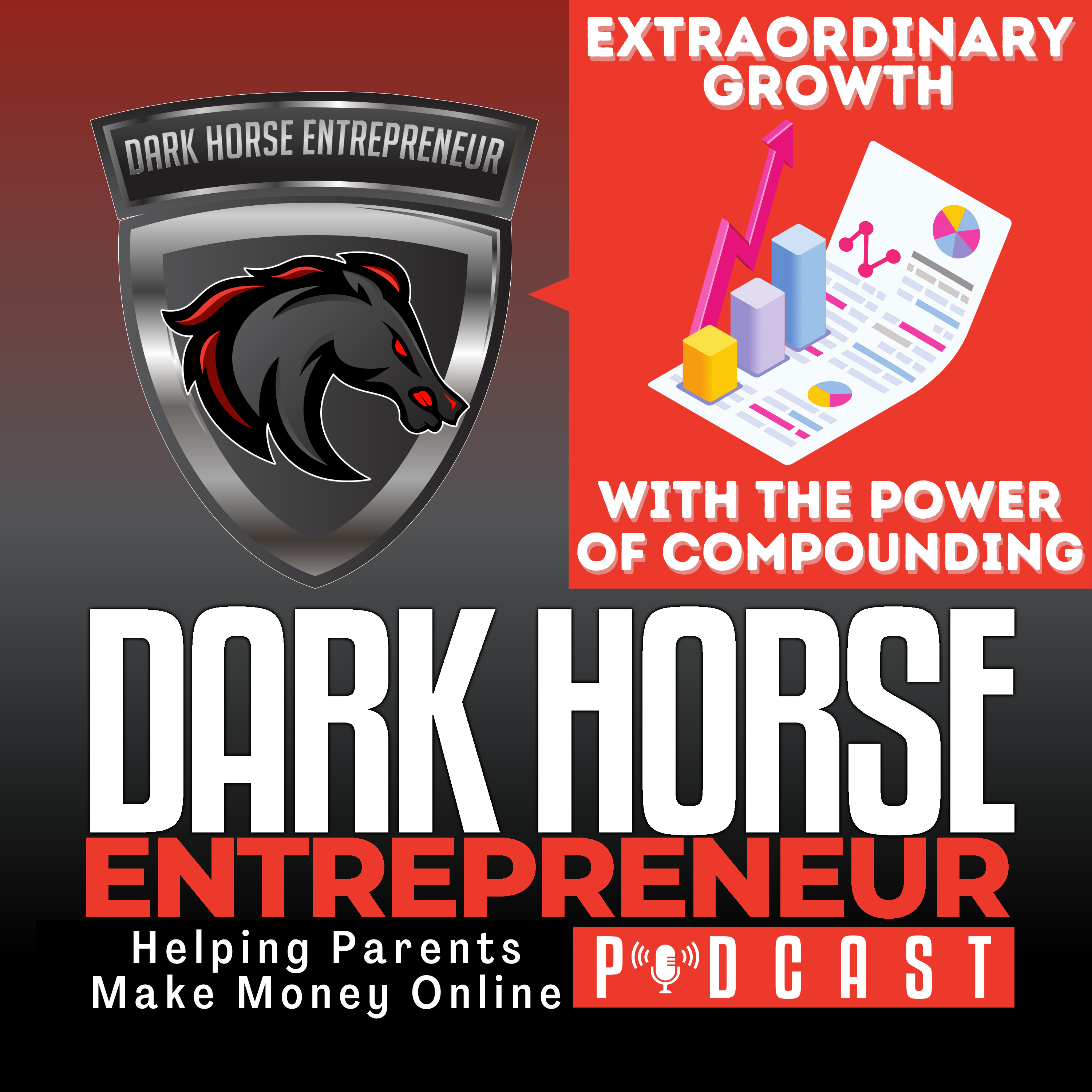Unlock Extraordinary Growth: Master the Power of Compounding in Life and Business


Join us in an urgent exploration of the often overlooked yet extraordinary power of compounding. This unique episode reveals how small, consistent actions can lead to exponential growth in every aspect of your life. Learn why patience and persistence are key, and delve into useful strategies for avoiding negative compounding trends. Plus, get ultra-specific, actionable tools to immediately enhance your business and personal development journey. Are you ready to harness the power of compounding and achieve lasting success? Dive in now and transform the way you grow!
The Power of Compounding: Transform Your Life and Business with Small Consistent Steps
Compounding Growth is a concept that holds transformative potential in both personal and professional realms. By understanding and leveraging compounding, one can achieve significant progress over time. In this article, we delve into actionable insights and strategies to harness this powerful principle effectively.
What is Compounding and Why Does it Matter?
Compounding is the incremental improvement achieved through persistent and consistent effort. It’s the small actions taken daily that accumulate to create significant change. This principle applies not just in finance but also in business, personal development, and everyday life. Understanding compounding is essential for long-term success, as it helps to build a foundation where growth becomes exponential rather than linear.
Compounding in Business: Incremental Growth for Long-Term Success
In business, the idea of incremental improvement—improving by just 1% daily—can snowball into substantial success. This growth strategy emphasizes consistency over quick wins and is vital for achieving sustainable advancement. Businesses that focus on continuous, small improvements can effectively increase their overall performance and achieve goals more efficiently.
Strategies for 1% Daily Improvements
To implement compounding successfully, businesses should focus on refining processes, enhancing customer experiences, and making minor adjustments that cumulatively lead to significant enhancements. Setting non-negotiable deadlines, breaking tasks into smaller parts, and regularly reviewing progress are practical ways to maintain steady momentum.
Personal Development: Building Powerful Daily Habits
On a personal level, compounding is equally crucial. The incremental building of daily habits can drastically impact one’s growth and success. Simple routines, such as daily reading or habitual exercise, might appear small but, over time, contribute to substantial self-improvement and achievement.
The Role of Patience in Success
Patience is a cornerstone of personal development. By focusing on the journey rather than just the destination, individuals can maintain motivation and sustain good habits over time. Embracing patience nurtures a growth mindset essential for long-term personal and professional fulfillment.
Avoiding Negative Compounding: Stop Bad Habits in Their Tracks
Just as positive actions can accumulate into success, negative habits can compound to hinder progress. It is vital to identify and address these habits early to prevent long-term setbacks. Negative compounding, like procrastination and poor financial choices, should be tackled head-on with actionable strategies for improvement.
Practical Steps for Avoiding Procrastination
Strategies like the 5-Second Rule, breaking tasks into manageable parts, and setting clear deadlines can help overcome procrastination. Reflecting on choices and ensuring actions align with goals can also mitigate the impact of negative compounding.
Embracing Patience and Persistence for Ultimate Growth
Achieving compounding growth requires embracing both patience and persistence. These virtues support sustained effort and allow individuals and businesses to see their initiatives through to completion. Success stories often labeled as “overnight” result from years of dedication and consistent work.
Using a Growth Tracker to Cement Progress
Introducing a Growth Tracker can help maintain focus and track incremental improvements. This tool reinforces the habit of reflection, ensuring continued progress and motivation.
In conclusion, compounding is a powerful tool for anyone looking to unlock persistent success. By focusing on small, consistent steps and maintaining patience and persistence, you can harness its full potential, transforming both your personal and professional life.
The post Unlock Extraordinary Growth: Master the Power of Compounding in Life and Business appeared first on Dark Horse Entrepreneur Schooling.


















